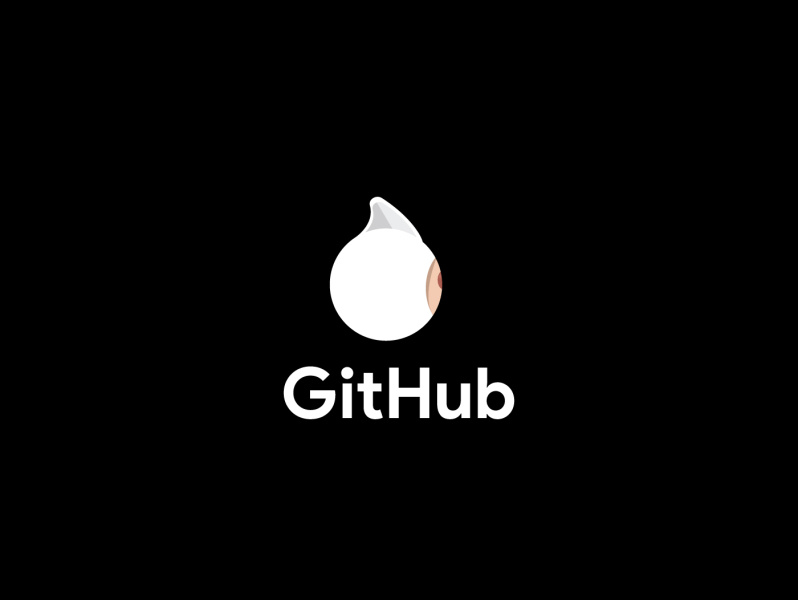Taggart
Taggart is a generation library for tag-based markup (HTML, XML, SGML, etc.). It is useful for times when you just want code and functions, not templates. We already have great composition and abstraction tools in Elixir. Why not use them? With this approach, template composition through smaller component functions should be easy.
There is a blog post with an introduction and more documentation.
Installation
The package can be installed by adding taggart to your list of
dependencies in mix.exs:
def deps do
[
{:taggart, "~> 0.1.5"}
]
end
Usage
Taggart produce Phoenix-compatible "safe" html through underlying usage of the
Phoenix.HTML.content_tag/2.
Since it just produces IO Lists, it should remain compatible with any
other library that uses the same format.
Syntaxes
Taggart supports a number of different syntaxes:
use Taggart.HTML
div("Name")
div("Name", class: "bold")
div(class: "bold", do: "Name")
div do
end
div(class: "bold", do: "Name")
div(class: "bold") do
"Name"
end
a(href: "#bottom", class: "uk-button uk-button-default", "i-am-a-boolean": true), do: "Click me!"
Nesting
You can nest and combine in expected ways:
use Taggart.HTML
name = "Susan"
age = 27
html do
body do
div do
h2 "Buyer"
p name, class: "name"
p age, class: "age"
end
div do
"Welcome"
end
end
end
Embedding in Phoenix Forms
You can embed Taggart inside Phoenix helpers using Taggart.taggart/1
to create IO List without creating a top-level wrapping tag.
use Taggart.HTML
form = form_for(conn, "/users", [as: :user], fn f ->
taggart do
label do
"Name:"
end
label do
"Age:"
end
submit("Submit")
end
end)
Using Phoenix Helpers
use Taggart.HTML
html do
body do
div do
h3 "Person"
p name, class: "name"
p 2 * 19, class: "age"
form_for(build_conn(), "/users", [as: :user], fn f ->
taggart do
label do
"Name:"
text_input(f, :name)
end
label do
"Age:"
select(f, :age, 18..100)
end
submit("Submit")
end
end)
end
end
end
Using from Phoenix Views
Phoenix views are just functions, so it’s possible to use pattern matching directly in a view to render your pages.
defmodule TaggartDemo.PageView do
use TaggartDemoWeb, :view
use Taggart.HTML
def render("index.html", assigns) do
taggart do
render_header("My Fancy Title")
render_body
render_footer
end
end
def render_header(title) do
header do
h1 title
end
end
def render_body do
main do
ul do
for i <- 1..3, do: list_item(x)
end
end
end
def render_footer do
footer do
"So Long Folks!!!"
end
end
def list_item(x) do
"Name: "
li(x)
end
end
A Note On Macro Expansion
The current design allows for a very flexible call structure. However, do
not be tempted to think of these as normal functions. They are currently
implemented as macros. This allows the do end blocks to processed as
if they were a list:
div do
"item 1"
"item 2"
end
The alternative would be forcing the use of actual lists, which is necessairly noisier.
# Not valid, do not try:
div [
"Item 1",
"Item 2"
]
The trade-off, however, is that because the macros inspect the arguements
to determine attr/content placement, they do not play well with all kinds
of ASTs.
This will work:
# works
a = "foo"
div(a)
This will not:
# do not try this at home
a = [id: "foo", class: "bar"]
div(a)
If you try this, you will get an error along the lines of
lists in Phoenix.HTML and templates may only contain integers representing bytes, binaries or other list. This is because we
make the choice of assuming that a single, non-list argument
(of which AST is) is content and not attrs.
As a workaround, you can either use Phoenix.HTML.content_tag
directly, or use the special three-argument version which
ignores the first argument:
# try this
a = [id: "foo", class: "bar"]
div(nil, a) do "content" end
Converting from HTML
PrestoChange.io
You can use the online tool at prestochange.io.
Install taggart escript using homebrew
brew install ijcd/tap/taggart
Reads HTML from stdin and writes Taggart to stdout.
Usage:
taggart --indent <n|tabs>
taggart --help
Options:
-h --help Show this message.
--indent Either n (number of spaces to indent) or "tabs"
Build taggart escript from source
mix escript.build
./taggart
Design
The design had two basic requirements:
- Simple Elixir-based generation of tag-based markup.
- Interoperate properly with Phoenix helpers.
I looked at and tried a few similar libraries (Eml, Marker), but either wasn't able to get them to work with Phoenix helpers or had problems with their approach (usage of @tag syntax in templates where it didn't refer to a module attribute). My goal was to keep things simple.
License
Taggart is released under the Apache License, Version 2.0.
Programming Tips & Tricks
Code smarter, not harder—insider tips and tricks for developers.
#1
#2
#3
#4
#5
#6
#7
#8
#9
#10
Error Solutions
Turn frustration into progress—fix errors faster than ever.
#1
#2
#3
#4
#5
#6
#7
#8
#9
#10
Shortcuts
The art of speed—shortcuts to supercharge your workflow.
#1
#2
#3
#4
#5
#6
#7
#8
#9
#10
Made with ❤️
to provide resources in various ares.


















